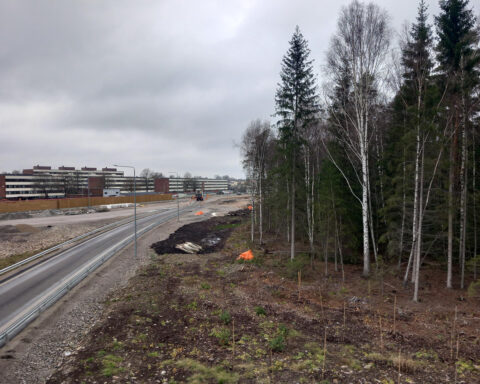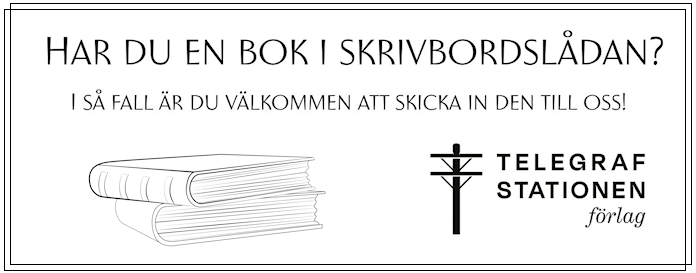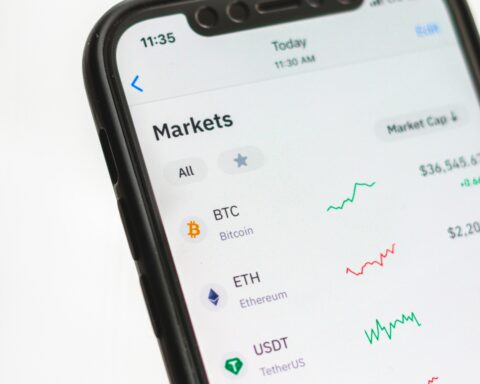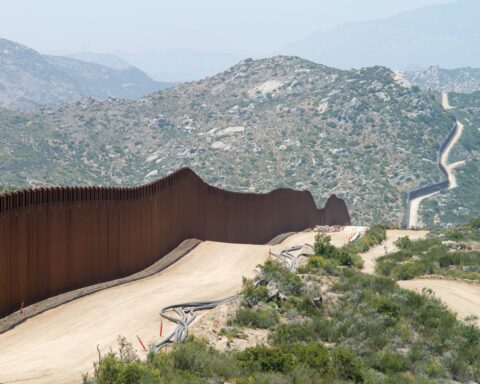
DEMOCRACY. A common belief today in Europe, India and America is that social media portals as Facebook are bad for democracy. However, the evidence for such beliefs and claims is limited. On the contrary, social media and digital technology can be seen as a driving force of democratic renewal, improvements and changes.
Today, it is a common opinion around the world that social media is bad for democracy. More often, it is about the assumption that platforms and communities as Facebook are harming democracy. One example of such criticism is scandals such as with Cambridge Analytica and the 2016 presidential elections in the USA. Another example of criticism is that Twitter is “censoring” certain views and opinions.
For a start, there are indeed problems with social media concerning democracy. Yes, social media sites are often used by individuals and groups who either are anti-democratic or want to abolish constitutional democracy. This is the case of for example right-wing populists as in Europe, USA and Brazil.
It is also true that discussions as on Facebook and Twitter often are very polarising and is based on “fake news”. As concerning the spread of articles based on misinformation, myths, and pure illusions abut social reality. Such behaviours do not lead to impressions and personal experiences that social media is good for democracy.
But what does the research says? For example, at the beginning of 2010s and during the Arab Spring, social media as Facebook used to be seen as good for democracy. So how come that popular perception of social media went from being seen as good for democracy to being seen as bad for democracy? Here are some of the following results from the paper called “The Future of Democracy in Europe” written by Hans Kundnani at the Chatham House think-tank.
The report states that “despite the widely held perception that social media is undermining democracy, the evidence for this is limited”. The argument is also that over the longer term, the further development of digital technology could undermine the fundamental preconditions for democracy but that such technological development could even improve democracy in general.
Since 2016 with “Brexit & Trump” phenomenons, there is a wider acceptance for views that social media is the driver of the crisis of liberal-democracy and empowering populism. At the same time, the evidence says that social media has indeed enabled much greater participation in politics, particularly by young people.
Also, perceptions that social media leads to dangerous polarization are based on limited evidence because most people or voters as in the USA are not conducting “tribal politics” but have more diverse political identifications going beyond older left vs right divisions. Another important thing to keep in mind is that humans historically have been “post-truth” creatures because we, as Yuval Harari argues often feel with emotions and think through stories rather than via facts and rational calculations.
Thereby, digital technology can be seen as a liberating force. For example, the digital tech could lead to the development of more efficient and modern democratic processes such as with ideas of liquid and deliberative democracy. The case is that social media enables citizens to mobilize more quickly than before where the new movements that emerge from such activity are often leaderless and flexible. Therefore, the focus for the future should be less on social media and more on how we, as humans, can improve our current democratic procedures by creating new platforms and systems?

global@opulens.se
You can provide support and reward my work in the following ways:
Pay Pal — lauvlad89@gmail.com
Seeds — vladanlausevic
Steemit — @lauvlad89
Skycoin — ZxjhWMJRbTNCRQzy5MekZzH4fhdWFCqBP8
Cardano — DdzFFzCqrhsfRwmwr7hVxFrnPHRXY6qnez98sfGPY8RRj3yayuptQGEp8yBdCCQpESiGFSDHYcoa9sLsfH 3LssvgMuCcMWZb8FoEBg6F
Bitcoin 3HbxyDXE9MhNQ8RqsirqgYvFupQzh5Xby2
Swish — 0762345677














